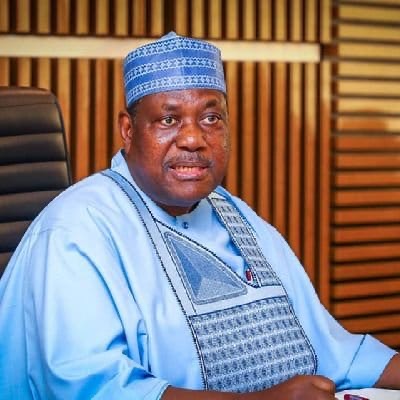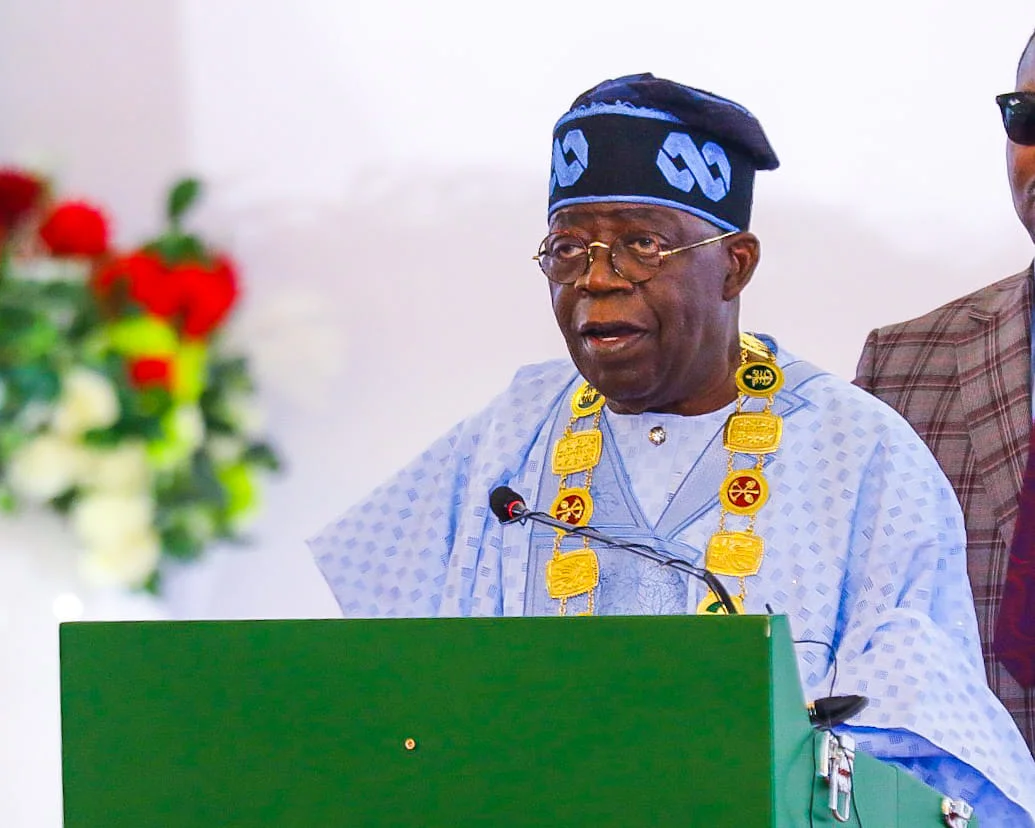Government unveils blueprint to revitalise public assets, drive economic growth
By Nana Musa
The Federal Government has identified a set of conditions necessary to improve the performance of public assets, attract investment inflows and generate stronger economic growth across key sectors.
The Secretary to the Government of the Federation (SGF), Sen. George Akume, made this known in Abuja during the 31st Nigerian Economic Summit interactive session, in Abuja on Tuesday.
Akume was represented by retired Permanent Secretary in the office of the SGF, Mr Olusegun Adekunle.
He said that the under performance of public assets could be reversed through strong policies that stimulate private capital inflow and good governance practices.
He also cited asset management systems that limit value extraction, robust legal and regulatory frameworks devoid of fragmentation, and efficient institutional coherence.
He said that these conditions would soar performance of public assets, stimulate investment inflows and bring about high positive impact on the economy.
Akume said that the country was endowed with public assets, including land, infrastructure, state-owned enterprises and strategic institutions.
According to him, if effectively manage, they can become platforms for wealth creation and prosperity.
“Many of these assets remain underexplored and perform below their potentials,” he said.
The SGF said that the administration of President Bola Tinubu recognised the economic potential of effective asset management.
He said that the government had taken decisive steps to strengthen the institutional framework for managing public assets.
“The boldest manifestation is the strengthening of the Ministry of Finance Incorporated (MOFI), which signifies combined institutional, legal and regulatory reforms.
“MOFI is responsible for managing and optimising the government’s portfolio of assets, including investments, estates and rights to grow national wealth and prosperity,” Akume said.
He said that by empowering MOFI, the government aimed to build a central institution for public asset managemen
He said that the institution was capable of unlocking non-tax revenues, strengthening fiscal sustainability and attracting private capital to close Nigeria’s infrastructure gap.
The SGF said that these invariably translated into jobs, growth and improved quality of life for citizens.
Also speaking, Mr Kyari Bukar, Chairman of the Ernest Shonekan Centre for Legislative Reform and Economic Development, said that effective public asset management was a key driver of economic transformation.
“Managing an asset literally means running it so that value is created or produced out of those assets.
“The proper entities that are very good at doing that are in the private sector.
“I am not saying that the government should shirk all responsibility, but it can attract investors to put the assets to productive use in a way that benefits both parties,” he said.
Bukar said that private participation in asset management offered mutual benefits, especially when properly structured.
He called for consolidation and proper record-keeping of all public assets, stressing the need for coordination among ministries, departments and agencies.
“We need to have all of those entities come in, collaborate and have a common understanding.
“That way, we will then have a harmonised view of all the assets Nigeria owns,” Bukar said.
He called for open collaboration among government agencies, private investors and development partners to craft an effective national framework for public asset management.
“When an investor puts money into a dormant asset, that asset becomes valuable, generating income for both sides. It is a win-win situation.
“Once an asset becomes productive, it pays taxes, creates jobs and contributes to closing fiscal and financial gaps in the economy,” he said. (NAN)(www.nannews.ng)
Edited by Kadiri Abdulrahman








